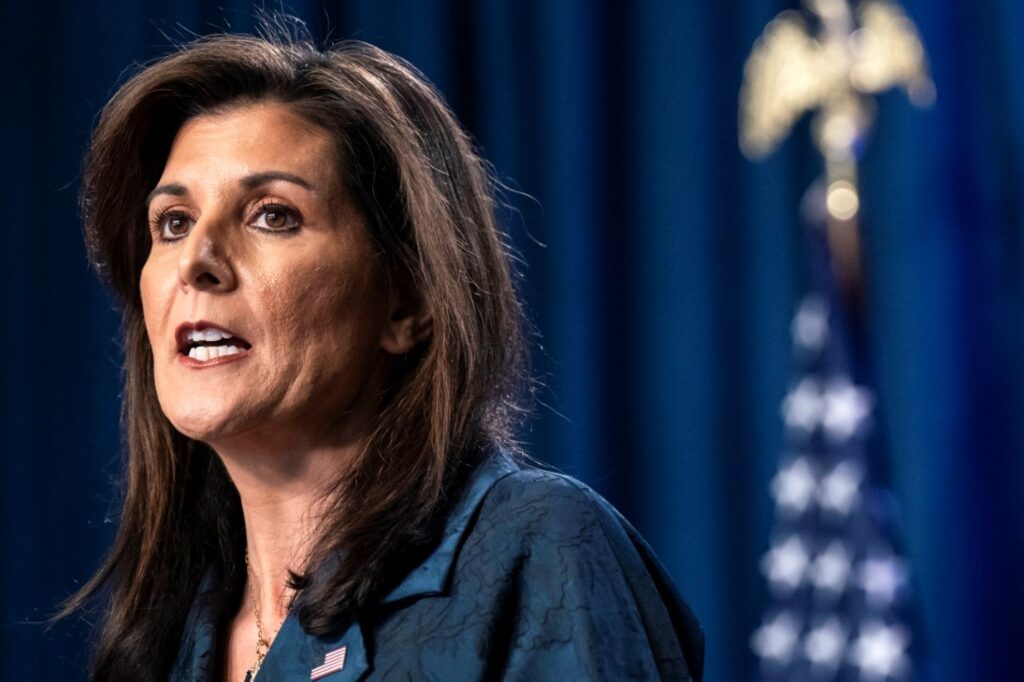Nikki Haley Supports Alabama Ruling Recognising Frozen Embryos as People

In an interview on Wednesday, February 21, Nikki Haley expressed her agreement with a recent Alabama Supreme Court decision affirming that frozen embryos should be considered individuals within the state. Haley emphasised her view that embryos equate to babies, echoing sentiments shared with NBC News.
Highlighting her personal experience, Haley disclosed her use of artificial insemination to conceive her son, further solidifying her belief that embryos represent life. She underscored the significance of recognising embryos as lives, echoing sentiments shared by others.
The Alabama Supreme Court’s ruling, which declared frozen embryos to be children, sparked criticism from White House press secretary Karine Jean-Pierre. Jean-Pierre voiced concerns about the ruling, citing potential chaos and intrusion into personal family decisions following the Supreme Court’s Roe v. Wade overturn.
The ruling stemmed from appeals cases involving couples whose embryos were destroyed in 2020 when a hospital patient accidentally dislodged frozen embryos from liquid nitrogen tanks in Mobile.
Chief Justice Tom Parker’s concurring opinion emphasised the application of an 1872 statute, enabling parents to sue for the wrongful death of a minor child, to “unborn children.” Parker’s opinion highlighted the sanctity of life, asserting that human beings, even before birth, possess the image of God.
Following the ruling, the University of Alabama at Birmingham announced a halt to IVF treatments, expressing concerns about potential legal repercussions for patients and physicians adhering to standard IVF practices. The university acknowledged the impact on patients’ efforts to conceive through IVF while navigating the legal landscape.
Haley’s stance reflects the polarising debate surrounding the status of embryos and the ethical considerations surrounding reproductive rights. The Alabama ruling amplifies the complexity of legal and ethical questions regarding the beginning of life, prompting discussions on the rights and protections afforded to embryos.
As legal and medical institutions navigate the implications of recognising embryos as individuals, the Alabama Supreme Court’s decision has far-reaching consequences, prompting reflection and action within the reproductive healthcare community.
